Now that thanks to the myths we have debunked about the cast iron pan, you will surely have bought one to prepare pizza in the pan right away, let’s get down to serious business.
Let’s talk about how to take care of that little jewel that you have in your hands, that pan so loved and so feared that if well cared for and preserved will be the pan of life. But let’s get to it I already know you are anxiously awaiting my instructions for trying your cast iron skillet for the first time.
The typical question at this stage is: but is it that complicated to clean it?
And the answer is no. It really only takes a few steps to make your cast iron skillet shine. It’s not as easy to ruin as you might think and as you are led to believe. After the manual to take care of the wooden cutting board, here is the one to take care of the cast iron frying pan.
How to get off to a good start with your cast iron skillet?
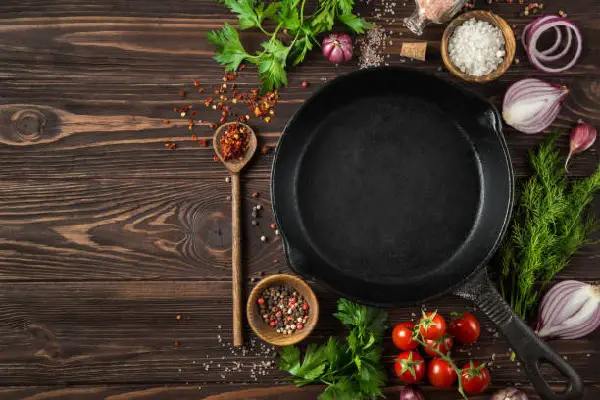
First, choose it well, if you have not yet bought one. Choose a quality frying pan because although it is true that cast iron is cast iron, it is also true that it must be treated in the right way by those who produce it. A frying pan built with care is also a frying pan that has had the right treatment and has an excellent coating, which ensures a better yield and a product that lasts over time.
Even the best skillet in the world doesn’t hurt for a little extra protection. To renew the coating on your cast iron skillet, heat it on the stove until it’s red-hot, then drizzle it with oil and let it cool. Repeat this process a few times so you’re ready to make a new tasty dish.
How to clean a cast iron skillet?
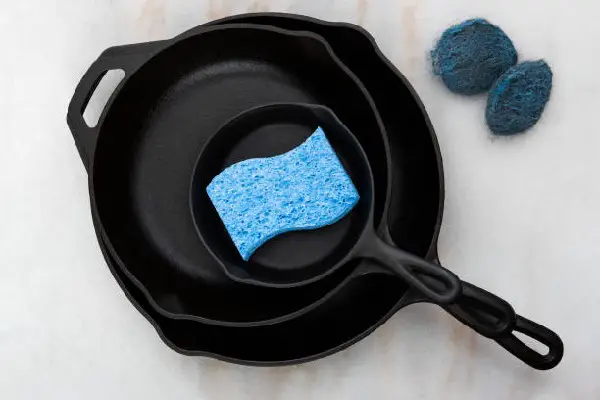
Forget all those urban legends that say a cast iron skillet shouldn’t be washed with soap or abrasive sponges: cast iron is super durable, the coating has now turned into plastic and fused with metal, so it will take more than soap and a sponge to remove the coating. Just the chisel can help.
The important thing to remember is to wash your cast iron skillet well after every single use: wash it with soap and water and mercilessly scrape off any food residue on the bottom. The most abrasive part of a normal dish sponge will do for this purpose. Water is the natural enemy of the material from which the pan is made, so do not leave a single drop of water in the pan when you put it away. Dry it with paper towels and run a very small amount of oil over it before putting it away. This way you will avoid any kind of rust.
So let’s proceed by step:
- Once you’re done cooking your asparagus salad with fried vermicelli, wash your cast iron skillet thoroughly with warm soapy water, wiping it down with a kitchen sponge. If there is any residue that won’t come off, go ahead and use the abrasive part (it has to be synthetic, abrasive iron sponges won’t do) of the sponge. If for some reason the dirt is stubborn, put in some coarse salt, place the pan on a stove over high heat and then remove the stubborn spore with paper towels. Rinse off the salt, wash the pan with warm soapy water and proceed to the next step.
- To prevent rust from forming, dry the pan thoroughly. Never leave it to soak in the sink because at that point even the thickest layers of oil will not be able to stop the fatal oxidizing process between iron and water. After drying the pan thoroughly place it on the stove over high heat so that the heat accelerates evaporation ensuring that the pan is completely dry.
How to maintain the coating of the cast iron skillet?
After you have washed the pan with soap and water, place the cast iron skillet on the stove over very high heat. When most of the water in the pan has dried, add half a teaspoon of neutral vegetable oil such as flaxseed oil. Spread it over the surface with paper towels. Continue heating the pan until it starts to smoke and coat it with more oil. Let it cool and you’re done.
If you accidentally put the pan away without heating it, the oil may have become sticky and rancid. Just wash the pan carefully with soap and water and everything will be fine. The best way to maintain your pan’s coating? Use it a lot. The more you fry, cook in it, the stronger the coating will become. So there’s no excuse, fry anchovies, use your cast iron skillet to make lemon-scented fried pizza. You’re doing it for a good cause.

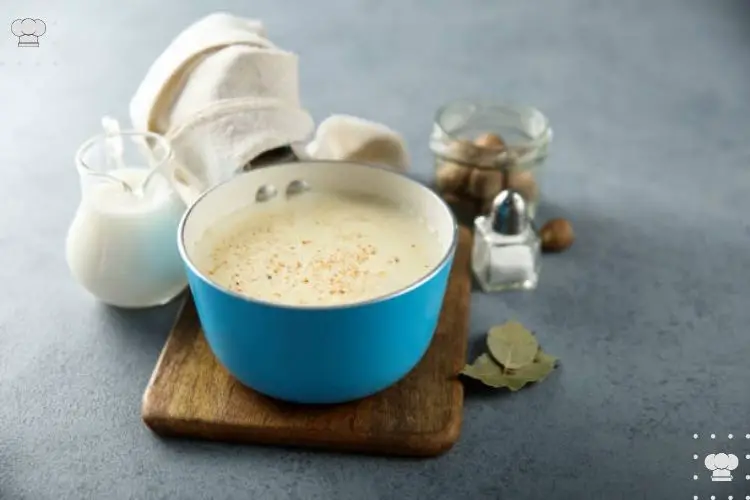
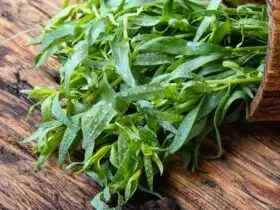
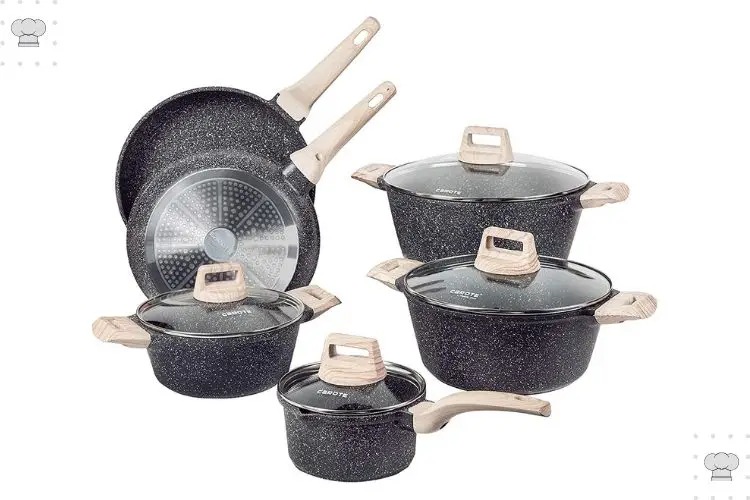
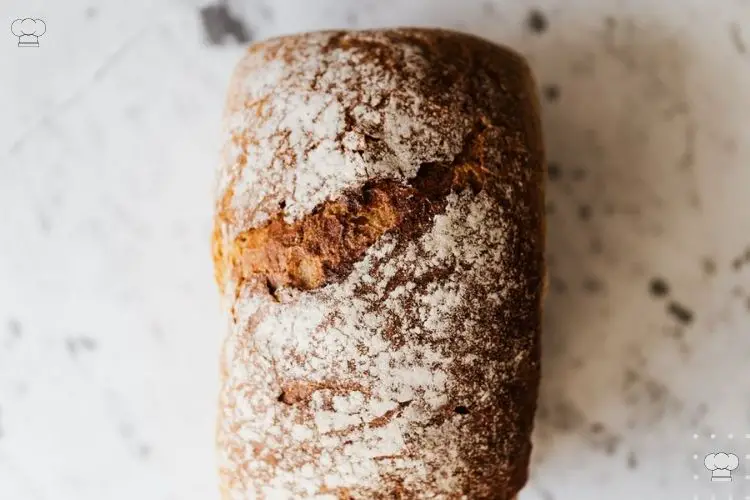
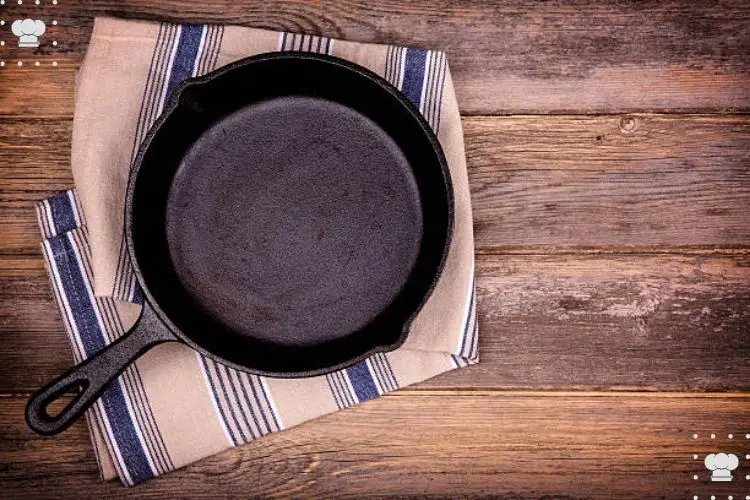
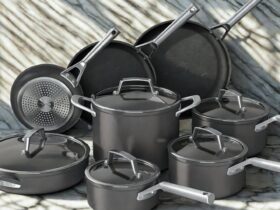

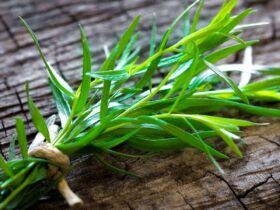
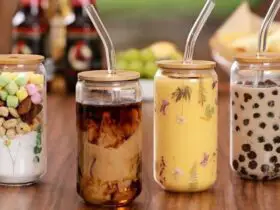

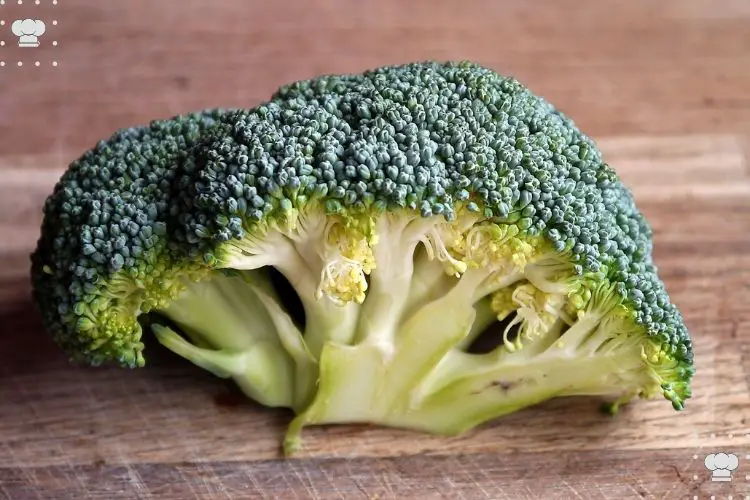
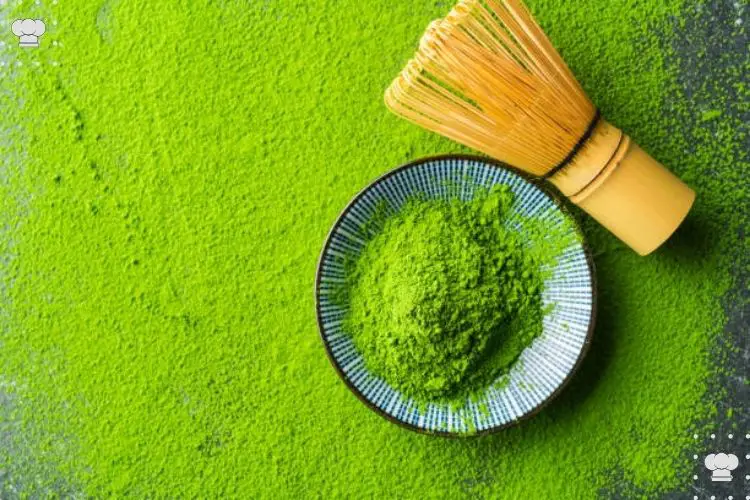
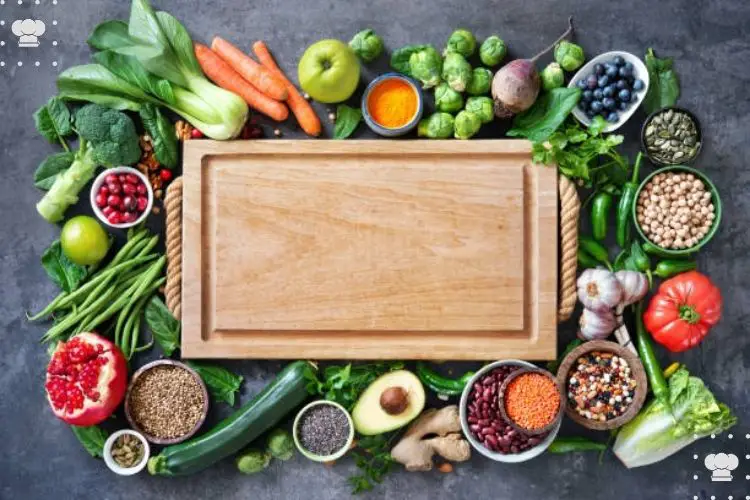
Leave a Reply